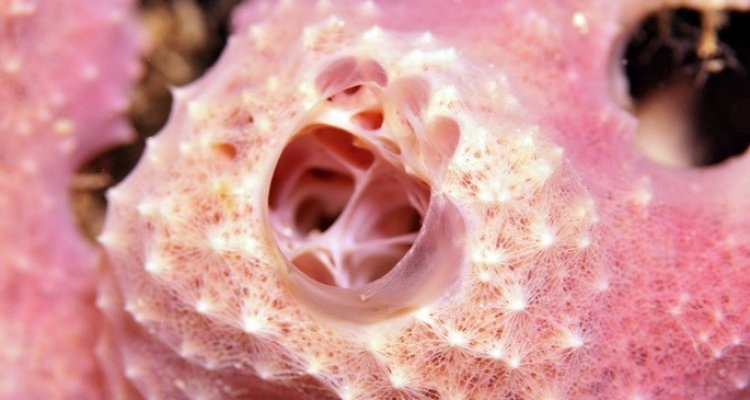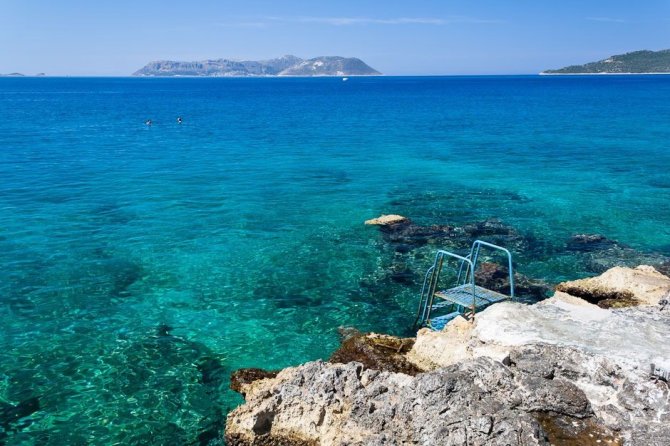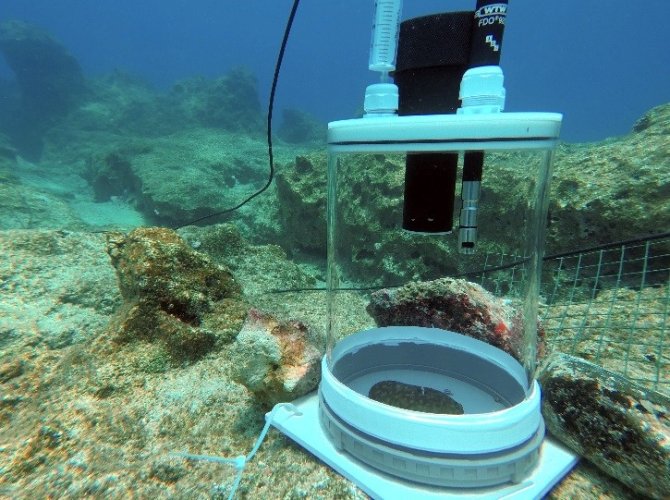
Project
The multifunctional role of marine sponges in multi-trophic mariculture systems
Sponges have important ecological roles, including that of biological filters by extracting various organic and inorganic compounds and microorganisms from the water. In addition to thus improving the water quality, marine sponges are plentiful resources of new bio products with potential for development as pharmaceutical drugs or biomedical materials.
Motivation
Since sponges feed on suspended and dissolved organic matter, sponge culture has the potential to remediate marine organic pollution, such as sea-based fish aquaculture and urban wastewater discharge. Sponge culture thus may help reduce eutrophication of coastal waters and its concomitant distruption of local ecology and biodiversity. Furthermore, sponge culture can also improve the water quality around fish farms which benefits the cultured fish health.

Aims and objectives
This project aims to assess the biological performances of two Mediterranean sponge species under different eutrophication and depth conditions to investigate their aquaculture potential and pollution remediation efficiency at pristine and organically polluted sites. Species specific culture methods are optimized ultimately achieving a novel integrated fish-sponge farm model, which is self-cleaning and could maximize production of high quality raw sponge material.
The two sponges maricultured can produce the potential drug avarol and collagen as potential biomaterial. Sponge collagen is the main target of the European project BiogenInk, which overarches this PhD project. BiogenInk aims to develop bioinspired inks for 3D printing of scaffolds for tissue engineering based on sponge collagen.
Method
The project involves field experiments in the Eastern Mediterranean Sea, southern coast of Turkey, to determine bacterial clearance rates and filtration efficiencies of sponges in different depths and pollution conditions for the purpose of eliminating fish farm and urban waste.
For the BiogenInk project we develop an efficient method of culturing for production the sponge C. reniformis which is easy to harvest, cheap and reliable, and safe from the surface activities of aquaculture which maximizes the growth and survival rates.
Publications
-
The Effect of Depth on the Morphology, Bacterial Clearance, and Respiration of the Mediterranean Sponge Chondrosia reniformis (Nardo, 1847)
-
Development of an Integrated Mariculture for the Collagen-Rich Sponge Chondrosia reniformis
-
Sponge Aquaculture Trials in the East-Mediterranean Sea: New Approaches to Earlier Ideas
